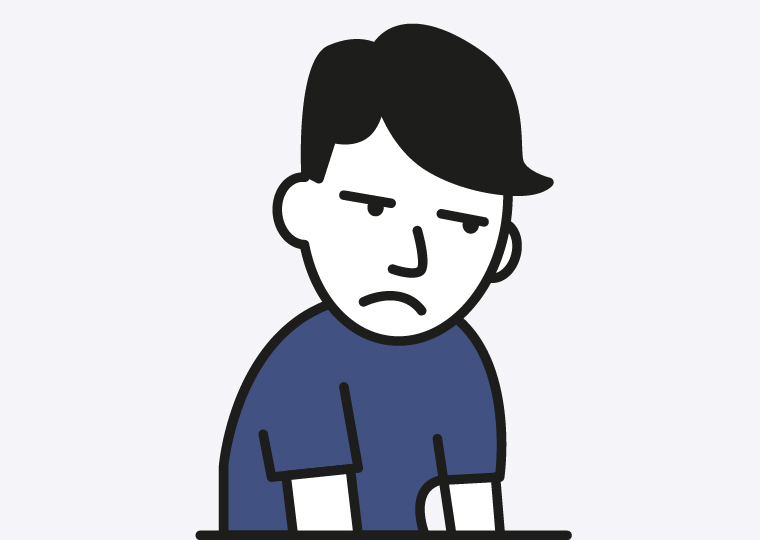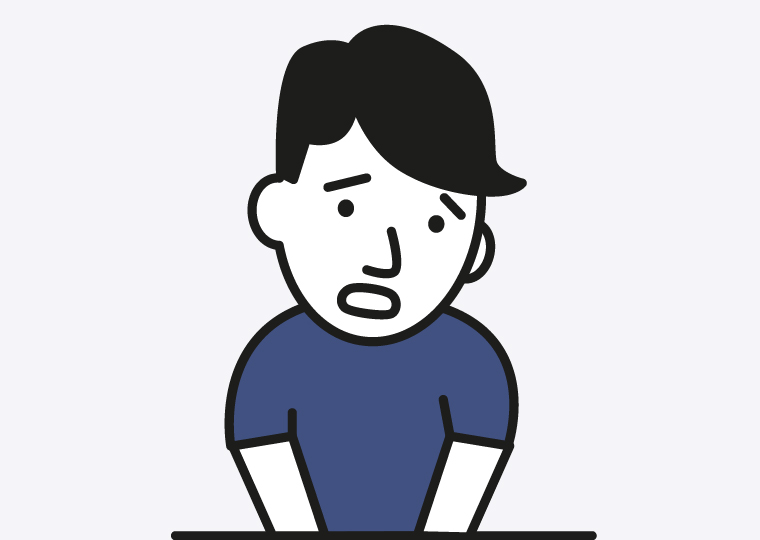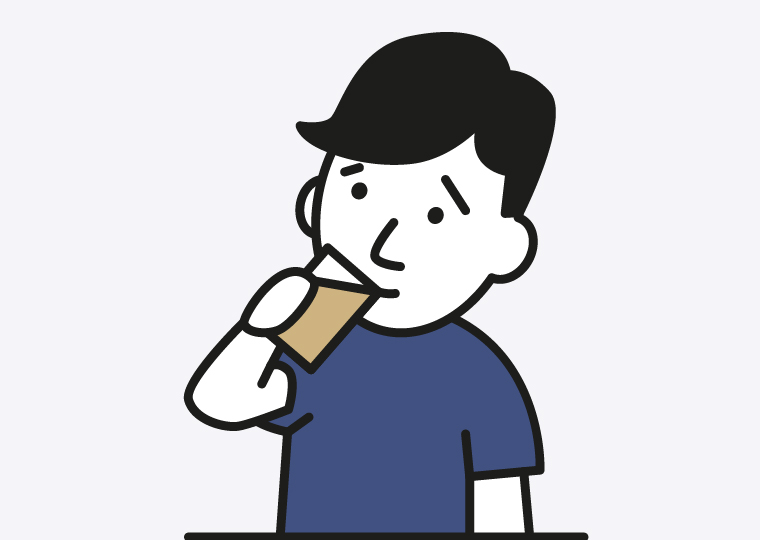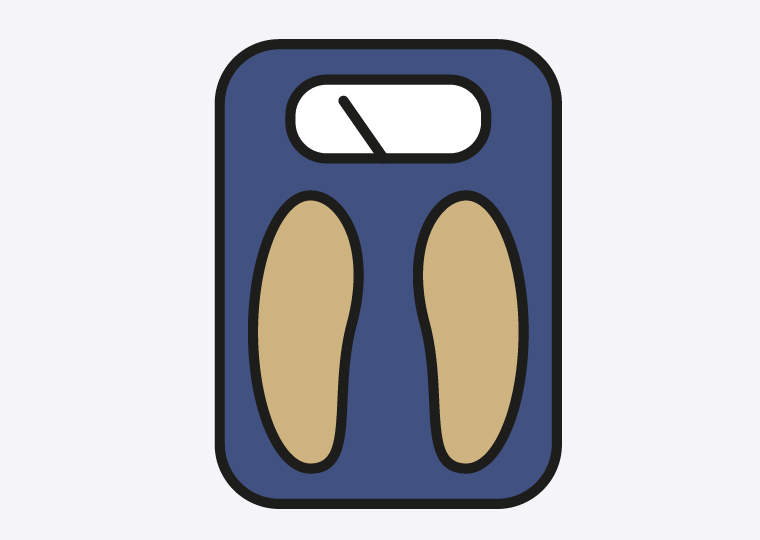
Tired
Glucose is not able to enter the cells to be turned into energy and tiredness and lethargy can be one of the first symptoms that someone might complain of.

Toilet
The body tries to get rid of excess glucose in the blood by sending it to the kidneys and to the bladder and this makes them go to the toilet a lot particularly during the night.

Thirsty
Because the body is losing fluid as urine this may lead to dehydration and they will drink more to compensate.

Thinner
Weight loss is because the body may start breaking down its own body fats for energy and when you lose glucose in the urine that can lead to a loss of calories and therefore weight loss. 1Diabetes UK (DUK 2022) What are the Signs & Symptoms of Diabetes? https://diabetes.org.uk/diabetes-the-basics/diabetes-symptoms
Symptoms can be quite dramatic in someone newly diagnosed with type 1 diabetes and subtle in someone with type 2 diabetes because it is a slower onset. A person with undiagnosed type 1 diabetes may produce toxins called ketones. These are formed when the body breaks down its own body fats for energy. Ketones make the body acidic and can lead to a condition called diabetes ketoacidosis (DKA) which is discussed under complications of diabetes. See section 10.
Symptoms of diabetes
Please access link to Diabetes UK film Symptoms of diabetes.

In the older population be aware of symptoms such as:
- Tiredness or feeling sleepier than usual
- Going to the toilet more frequently or recurring urine infections or thrush
- Incontinence may be associated with age but it could be due to high glucose levels
- Weight loss may be associated with poor appetite particularly in new residents
- Change to their usual routine for someone who is being cared for
- Increase in infections e.g. chest infections requiring frequent antibiotics could be due to high glucose levels
- Poor wound healing
- Mental health, cognitive issues e.g. dementia – they may have a change in behaviour and they may not be able to communicate their symptoms e.g. they may become less settled, exhibit behaviour that can appear challenging
- Confusion could be associated with their mental health status but it may be because they have become dehydrated due to raised glucose levels
- Dry mouth, dry skin – because the body is trying to get rid of excess glucose in the urine which leads to dehydration
In an elderly and/or frail person symptoms may often be associated with the aging process, frailty or both and they may not be able to express themselves e.g. they may be living with dementia, confused, agitated. They may have dry skin and/or a dry mouth because they have become dehydrated; become incontinent; have frequent infections or poor healing of any wounds and so it may be down to you as their carer to look out for these signs and report them to their health care professional. 2Hambling C.E.; Khunti K; Cos X; Wens J; Martinez L; Topsever P; Del Prato S; Sinclair A; Schernthaner G; Rutten G; Seidu S. (2018) Original research. Factors influencing safe glucose-lowering in older adults with type 2 diabetes: A PeRsOn-centred ApproaCh To IndiVidualisEd (PROACTIVE) Glycemic Goals
for older people. A position statement of Primary Care Diabetes Europe. Elsevier Ltd on behalf of Primary Care Diabetes.13 (2019), 330-352: https://www.journals.elsevier.com/primary-care-diabetes accessed 28/09/2021.
03 Symptoms of Diabetes
- 1Diabetes UK (DUK 2022) What are the Signs & Symptoms of Diabetes? https://diabetes.org.uk/diabetes-the-basics/diabetes-symptoms
- 2Hambling C.E.; Khunti K; Cos X; Wens J; Martinez L; Topsever P; Del Prato S; Sinclair A; Schernthaner G; Rutten G; Seidu S. (2018) Original research. Factors influencing safe glucose-lowering in older adults with type 2 diabetes: A PeRsOn-centred ApproaCh To IndiVidualisEd (PROACTIVE) Glycemic Goals
for older people. A position statement of Primary Care Diabetes Europe. Elsevier Ltd on behalf of Primary Care Diabetes.13 (2019), 330-352: https://www.journals.elsevier.com/primary-care-diabetes accessed 28/09/2021.
